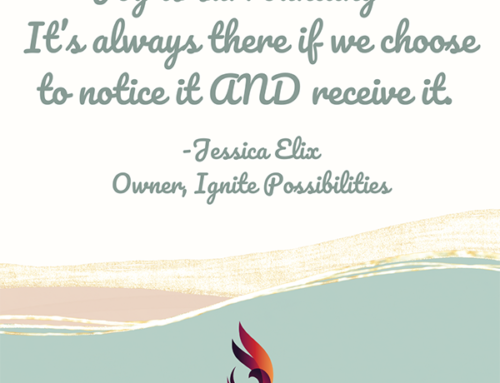What makes transitions easier?
It’s the time of transitions – summer is ending, more people are on the roads in the mornings/afternoons during commute time, and the school bells are ringing.
When life is in transition, what makes it easier?
- Preparation.
- Time management.
- Routines.
- Expectations (solid vs. flexible).
Preparation – Knowing the things that you can get done in advance (think the week prior, day prior, evening prior) helps take the pressure off. This cuts down on the last-minute-anxiety trap that many experience.
Time management – Much like preparation, managing the time can help with transitions. Leaving enough time to get tasks accomplished, and get to places in advance, will help keep your emotions more steady. Your ‘quick to react’ fuse becomes longer, providing more presence.
Routines – Creating foundational routines for yourself (and any family members) keeps thing operating more smoothly. Routines can promote stability in the daily activities. Write your routines down – listing tasks in time blocks. This way, if your emotions get you side-ways you can go back to your (logical) written plan to refocus.
Expectations – Having solid vs. flexible expectations promotes independence and promotes a person’s ability to make decisions. If a person knows what is expected of them, and knows where the flexibility is, then they are more likely to experience success. For example – it is expected that my children (ages 4, 7, 9) pick-out their next day’s clothes before bed. What they choose to wear is flexible, as long as it’s weather appropriate, and completely up to them.
If you’re noticing your fuse is shorter these days, there are more crankies in the environment around you, or maybe your complaining is louder and more prevalent – schedule a time to chat. Having an open-conversation with a person outside of your circle is incredibly helpful!






